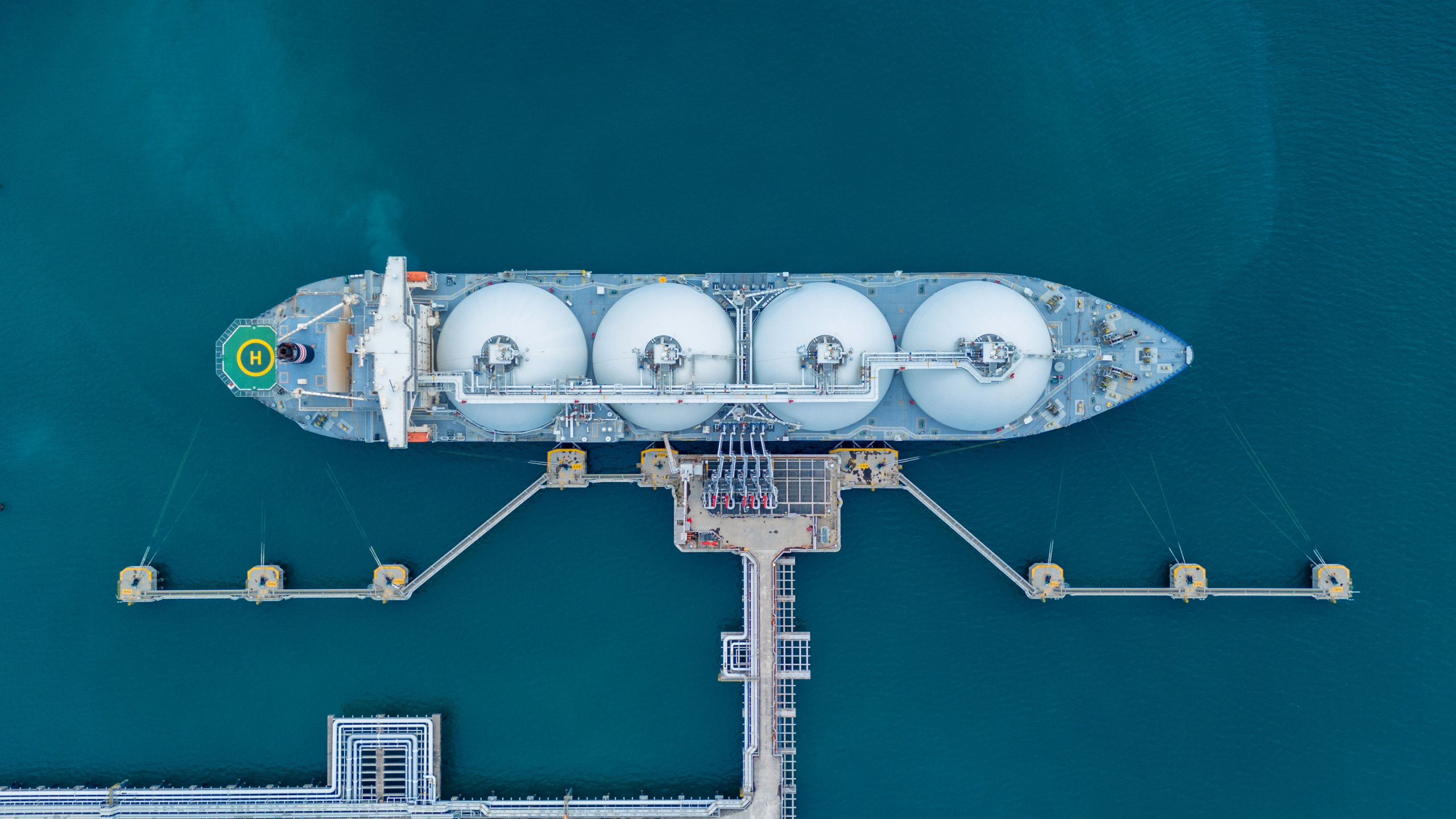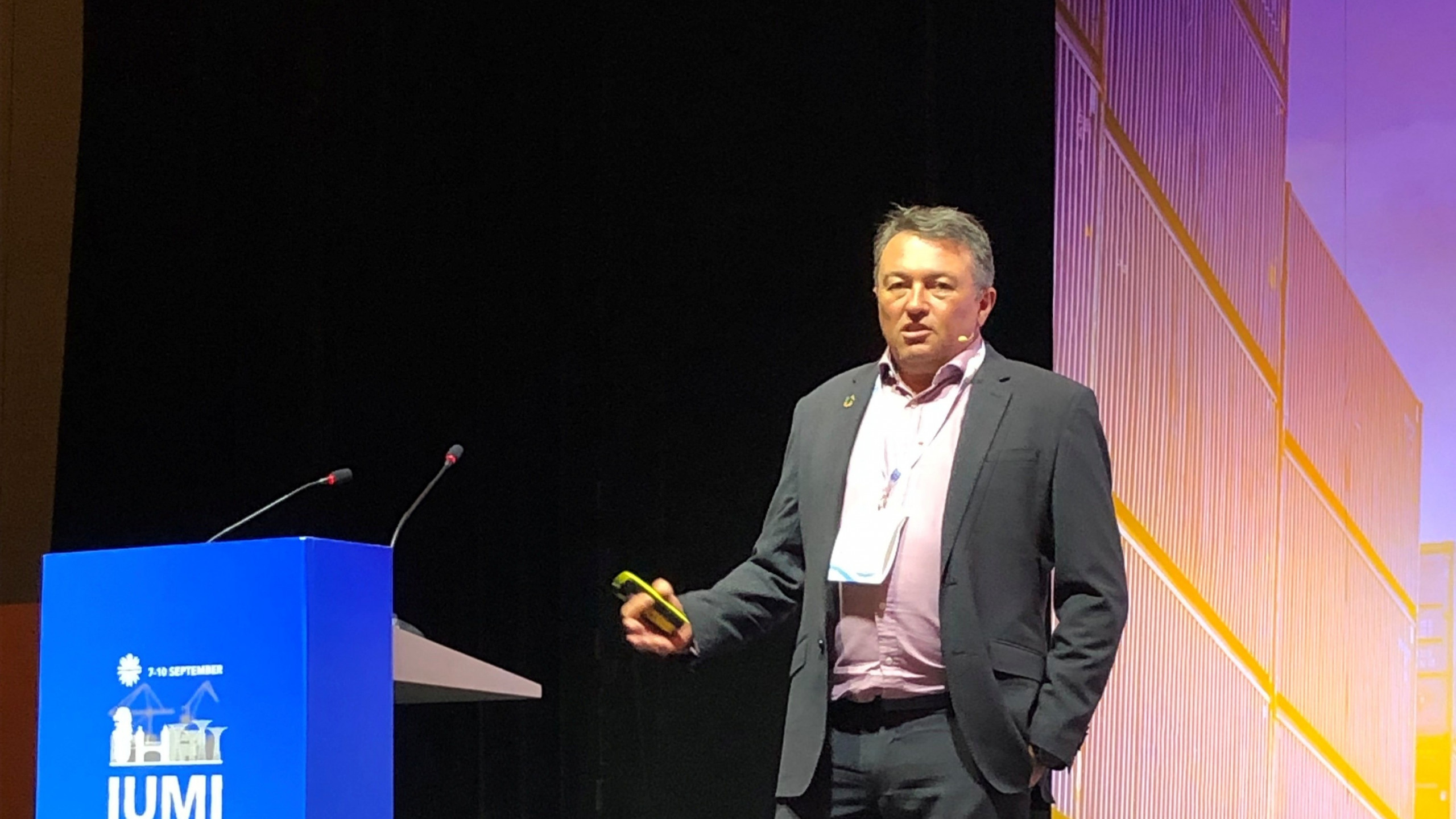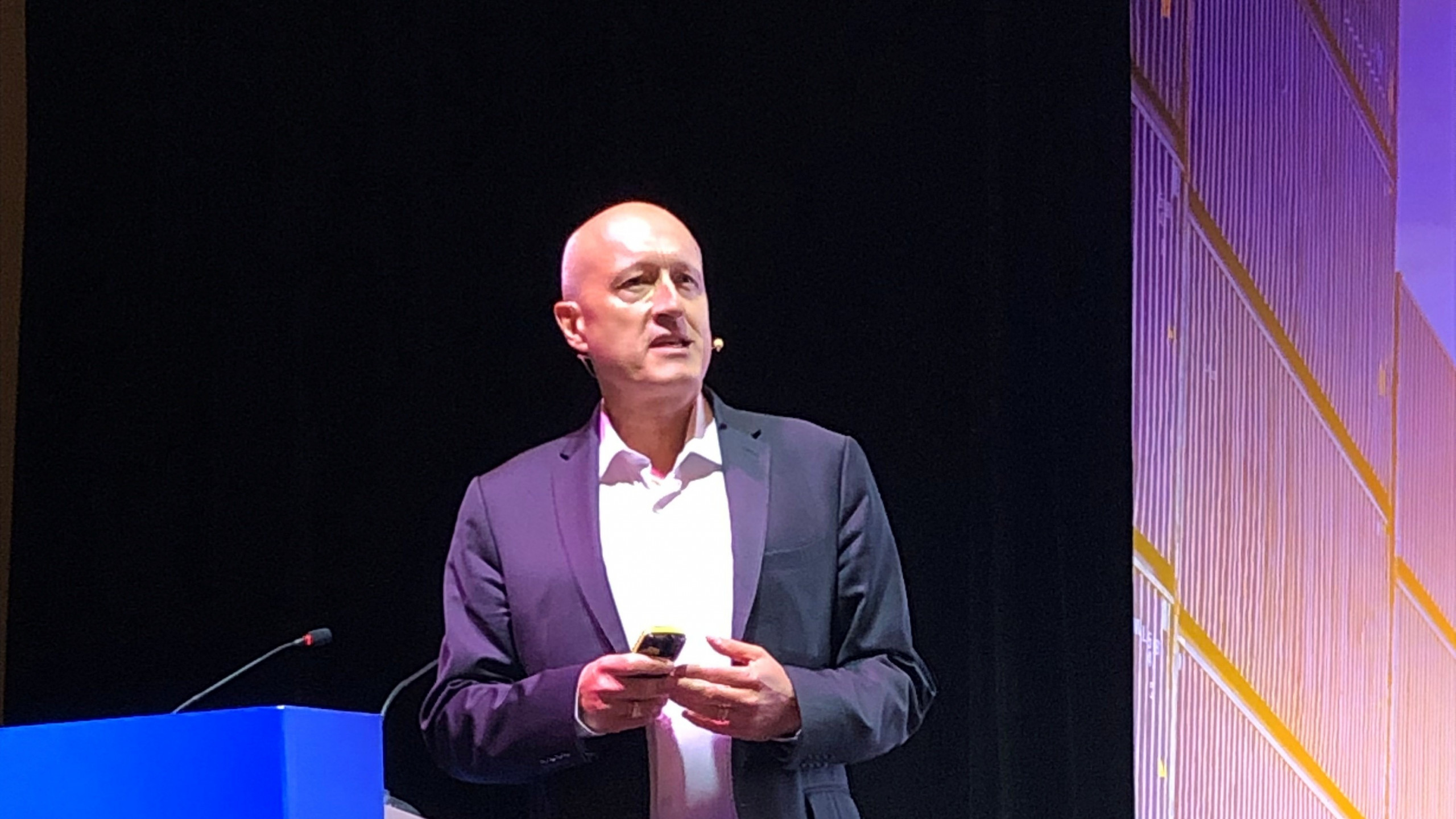The International Union of Marine Insurance (IUMI) reports an increase in the 2020 cargo insurance premium base (from 2019) of 5.9% to USD 17.2 billion alongside an improvement in overall loss ratios.
Speaking at this year’s conference online from Seoul, Isabelle Therrien, Chairperson of the IUMI Cargo Committee said:
“We are continuing to see correction in the cargo insurance market (albeit at a lesser pace than in previous years) with a strengthening of the premium base and an improvement in our profitability. We’ve worked hard to inject some much-needed sustainability into our sector, but conditions are fluid and there are many factors we need to be aware of”.
“On the positive side, world trade recovery is well underway and forecasts project that larger economies such as China and the USA will lead the way. Since the fortunes of the cargo sector tend to mirror global trade, this is good news for cargo underwriters. However, the frailties in global supply chains exposed by COVID are likely to result in a re-organisation and, perhaps, a move to bring manufacturing bases closer to consumers. Inevitably this will impact our business”.
Therrien pointed out that disruption continues to plague maritime supply chains with port congestion and activity suspension commonplace. The shortage of containers and the move to bring forward the movement of seasonal goods to ensure an uninterrupted supply during the upcoming holiday season has also contributed to the problem.
Other factors bringing uncertainty to global cargo insurance included the effects of climate change and, in particular, an increase in nat cat events such as heavier weather at sea affecting the stability of container stacks on large vessels. These large vessels have also in recent years been increasingly impacted by onboard fires likely caused by mis-declaring dangerous cargo. The pandemic has also brought to light the fact that digitalization needs to be in focus for the maritime industry. A shift is expected in the way the industry will embrace digitalization and insurers should prepare for how it will affect the future of cargo underwriting.
Although hoping for a positive outcome, the outlook for 2021 was a concern for Isabelle Therrien:
“A number of events have conspired to make 2021 look less bright from a cargo underwriting perspective. General Average was declared on the Ever Given containership which blocked the Suez Canal and there have been a series of other high-value casualties this year, including X-Press Pearl; in addition, Hurricane Ida and other nat cat events such as wildfires and floods will have a negative effect on our result this year”.
“In the past four years alone, we’ve seen in excess of USD 3 billion of cargo losses and it appears that the severity and frequency of losses is increasing – a direct result of climate change, accumulation of risks, supply chain disruption and other factors. It’s clear that our sector needs to review how it models and prices risk and it must draw on a range of predictive analytics to more accurately understand the new risk profile that we are beginning to face.”
However, recent casualties and nat cat events have brought marine insurance into sharp focus which is working in favour of underwriters, says Therrien:
“There is now an acute recognition of shipping related risks by our assureds as they have seen, first hand, the wider impact of incidents such as the recent blocking of the Suez Canal. We are seeing a move towards more comprehensive underwriting submissions as assureds ensure they are adequately protected. This bodes well for cargo insurance.”
Ends
For further information contact:
Mike Elsom
Phone +44 7968 196077
Email mike@mikeelsom.com
About IUMI
The International Union of Marine Insurance e.V. (IUMI) is a non-profit association established for the purpose of protecting, safeguarding and advancing insurers‘ interests in marine and all types of transport insurance. It also provides an essential forum to discuss and exchange ideas, information and statistics of common interest for marine underwriters and in exchange with other marine professionals.
IUMI currently represents 42 national and marine market insurance and reinsurance associations.
International Union of Marine Insurance
Grosse Elbstrasse 36, 22767 Hamburg, Germany
Phone +49 (0) 40 2000 747-0
Email info@iumi.com
Related topics





